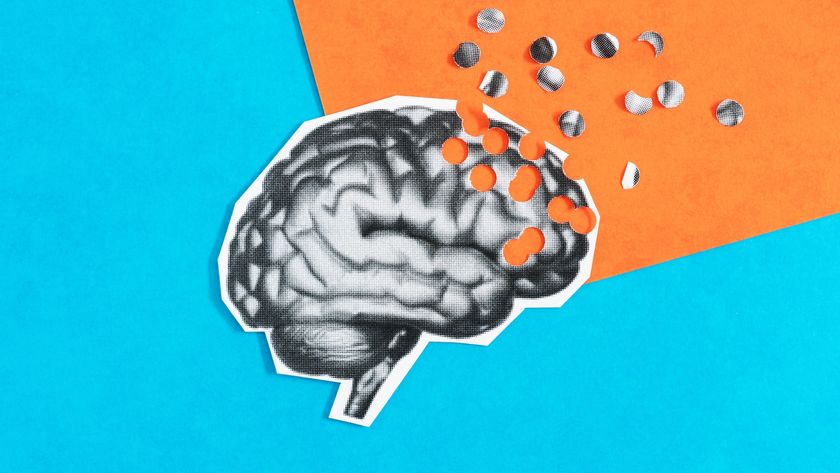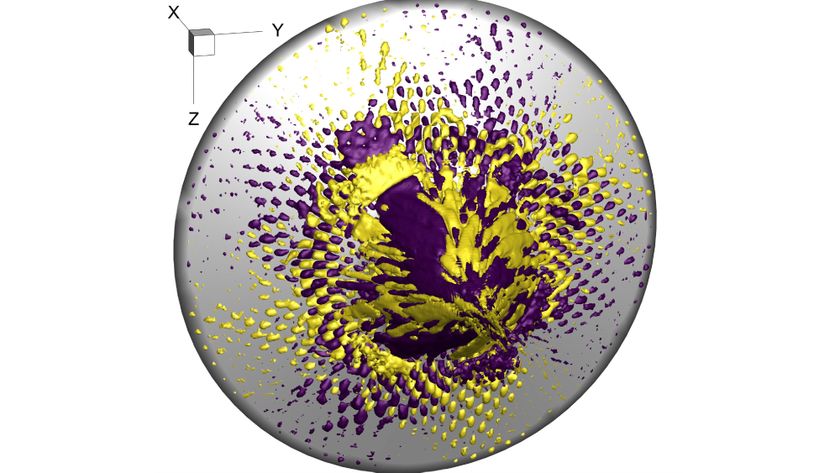Simple Eye Test Could Spot Alzheimer's Early On

Scanning the eyes with lasers could help detect signs of Alzheimer's even before symptoms of the disease appear in the brain.
These laser tests could improve patients' chances of starting Alzheimer's treatments earlier, before the onset of irreparable damage to the brain.
"We need to catch the disease before symptoms emerge to give us the greatest chance to alter its course and ultimately cure it," researcher Lee Goldstein, an interdisciplinary neuroscientist at Harvard Medical School, told LiveScience.
In 2003, Goldstein and his colleagues discovered that the exact same malformed amyloid beta proteins that are hallmarks of Alzheimer's disease are also found in the eye's lens and its surrounding fluid. Last year, they revealed a pair of noninvasive tests that scan the eye for these telltale molecules to potentially detect the disease in its earliest stages.
Both tests very briefly shine a low-power near-infrared laser into the eye. The light is safe, not visible to the patient, and does not cause any discomfort.?
One test scans for clumps of the aberrant protein in part of the lens where they collect to form cataracts. The other test is used in conjunction with special eye drops that bind only to the molecules and fluoresce in response to the laser. While the eye-drop test provides more detailed molecular information about the proteins, the other test yields more biophysical data, such as the number and size of the particles.
In his latest experiments, Goldstein and his colleagues found in mice that they could pick up signs of the malformed proteins in the eye even before they began accumulating in the brain. The researchers have also recently completed initial human clinical trials of their tests for safety.
Sign up for the Live Science daily newsletter now
Get the world’s most fascinating discoveries delivered straight to your inbox.
The tests are slated to enter phase III multicenter human clinical trials over the next year. In the end, the tests might cost less than $300 per patient. Goldstein hopes they can become a routine part of an annual physical exam starting in middle age. He is cofounder of Neuroptix, which is developing these tests for clinical use, although Goldstein is not receiving any sponsorship from the company.
Goldstein noted these tests could also potentially speed up the development of new Alzheimer's drugs by giving investigators rapid feedback on whether the medicine they are testing is doing its job of removing the harmful proteins from the body.
"We're having great difficulty testing the many drugs against Alzheimer's we have in the pipeline right now. Testing is the real bottleneck when it comes to developing these drugs," Goldstein said.
In addition, the researchers are exploring whether or not their tests can also help detect the aberrant proteins detected with mad cow disease and related ailments.
Goldstein will present his team's latest findings on Oct. 9 at the annual meeting of the Optical Society of America in Rochester, N.Y.












